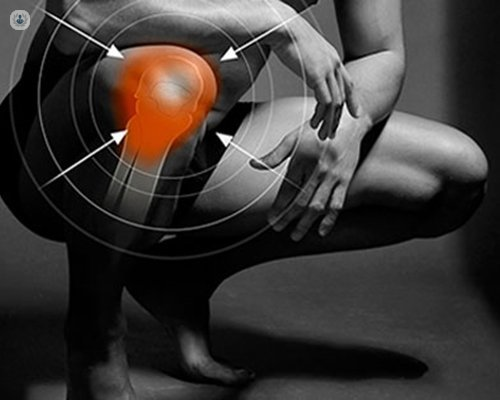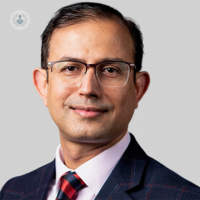Will I be able to walk immediately after meniscal surgery?
Written by:Meniscal surgery is the topic under the medical spotlight today in our of our latest articles here. Below, highly experienced and qualified consultant trauma and orthopaedic surgeon, Mr Muhammad Adeel Akhtar, details what exactly meniscal surgery entails, before revealing how long it typically takes to recover from it.

What is meniscal surgery?
One's meniscus can either be repaired or resected. Meniscal surgery is performed when an individual tears or ruptures their meniscus.
Is it a major operation?
Not really. On average, it takes around 30 minutes to do. An operation for a complex tear can take a bit longer.
What is involved?
It depends on which part of the meniscus is damaged. If the meniscus can be repaired, by all accounts, it should be repaired because it is a cushion, so if the cushion is gone, there is nothing for the bones to rest on. If it cannot be repaired, then it should be minimally resected.
How long does it take to recover?
It depends on the general health of the patient. If it is a meniscal tear, which cannot be repaired, then recovery time is very quick, as only a resection is required. Patients often report of giving way or buckling in the knee, which will get better after a couple of weeks. Severe knee pain is also often reported, which will subside quickly.
Can you walk immediately after the procedure?
Absolutely. There are generally no restrictions. Patients are given a special supportive brace to protect the knee by avoiding too much bending.
If you are set to undergo meniscal surgery in the near future, be sure to schedule in an appointment with Mr Muhammad Adeel Akhtar by visiting his Top Doctors profile today.


